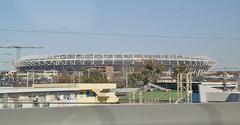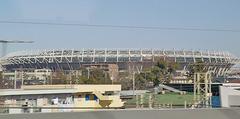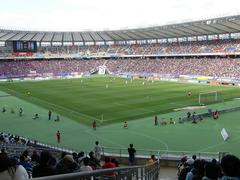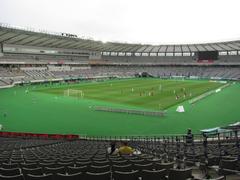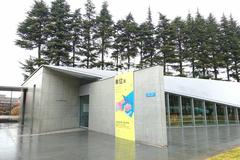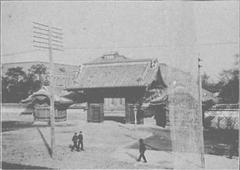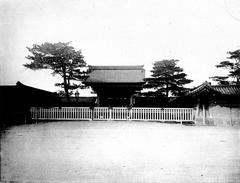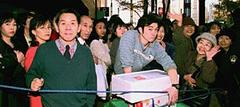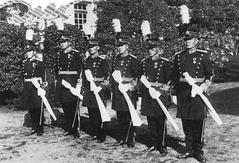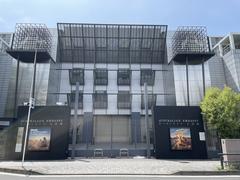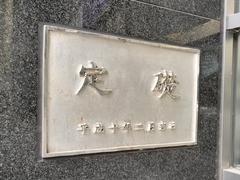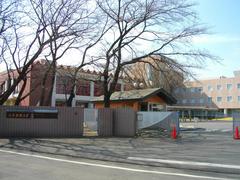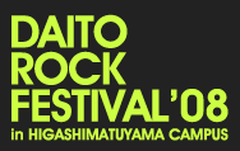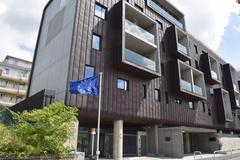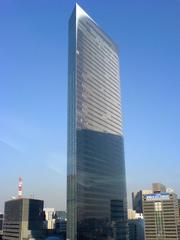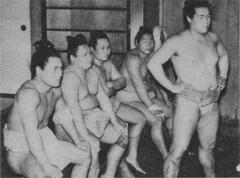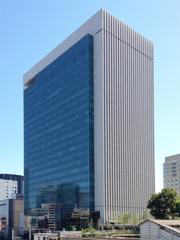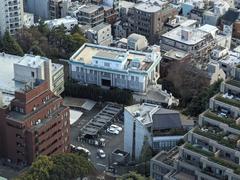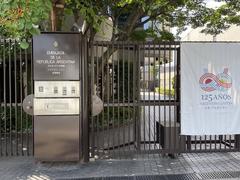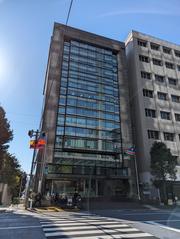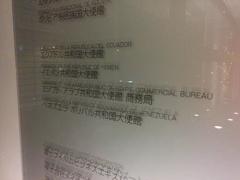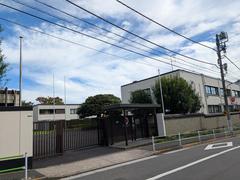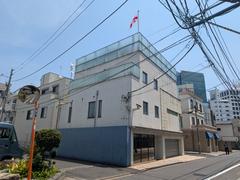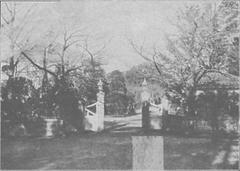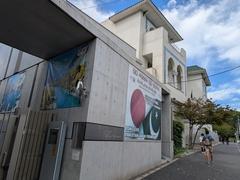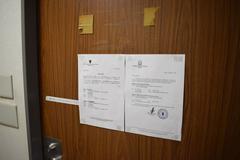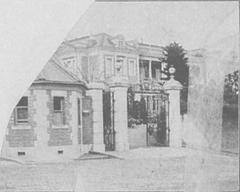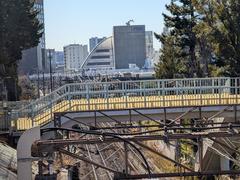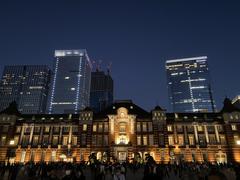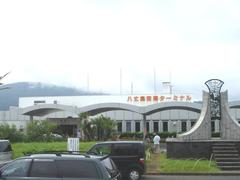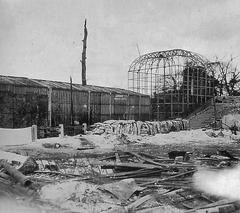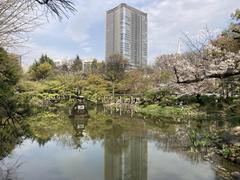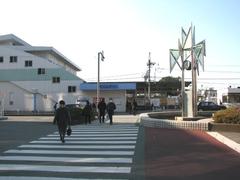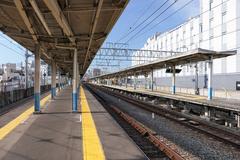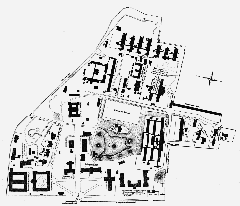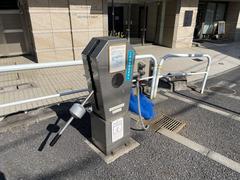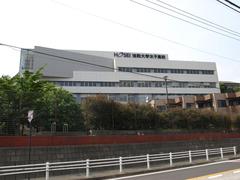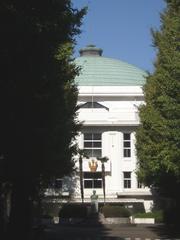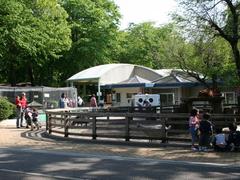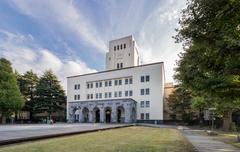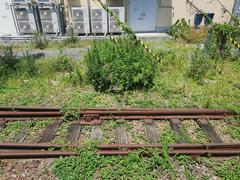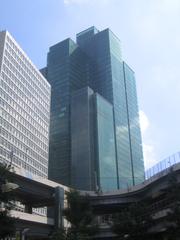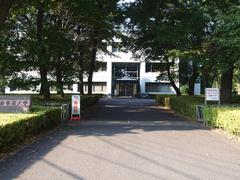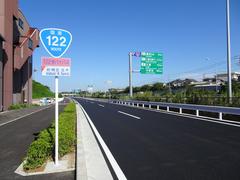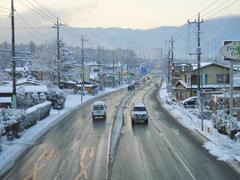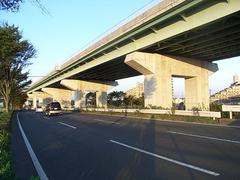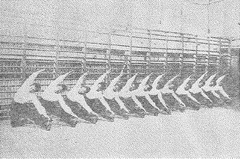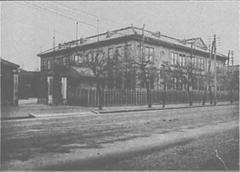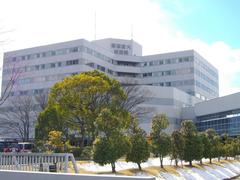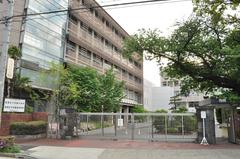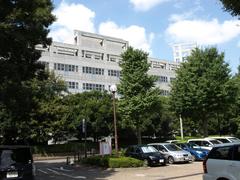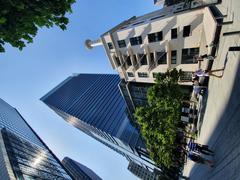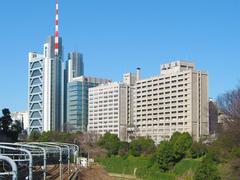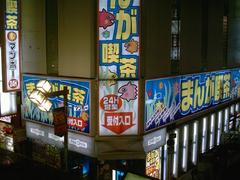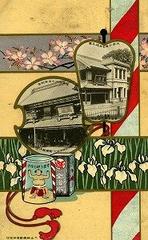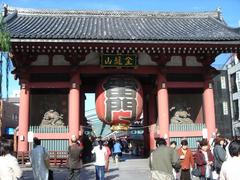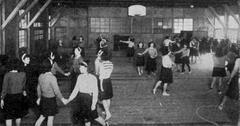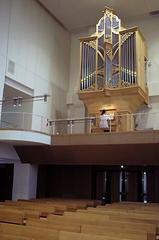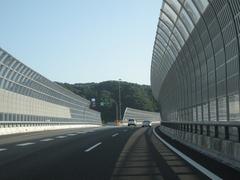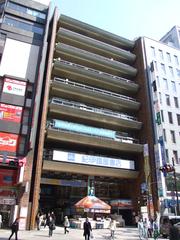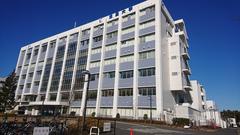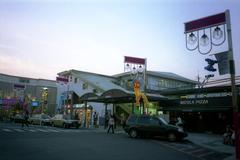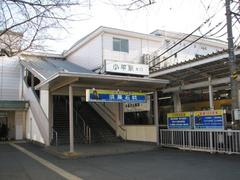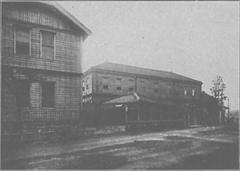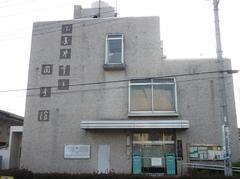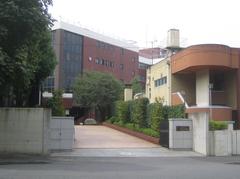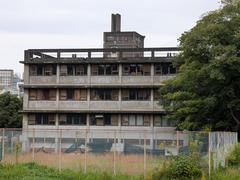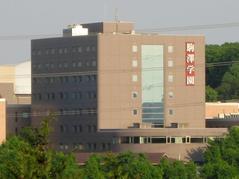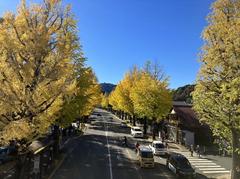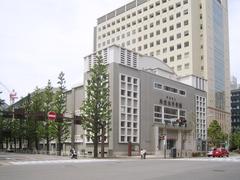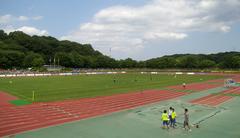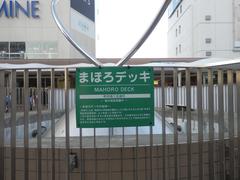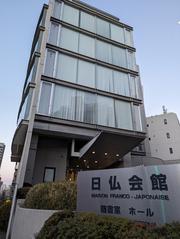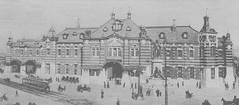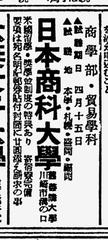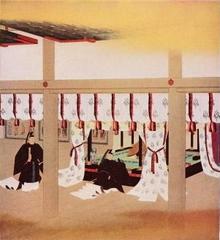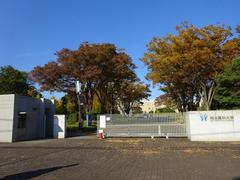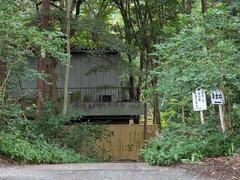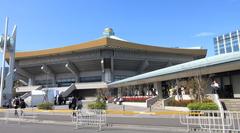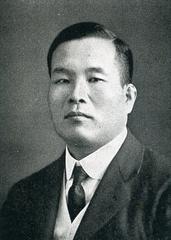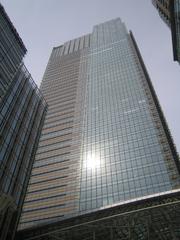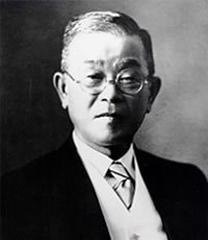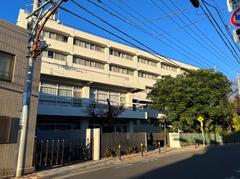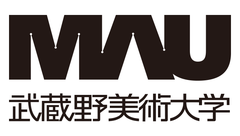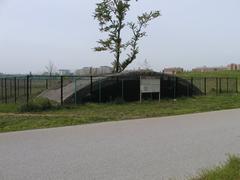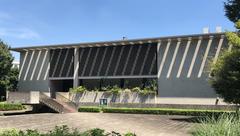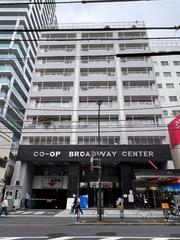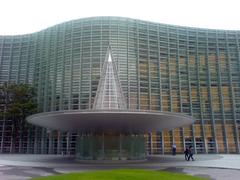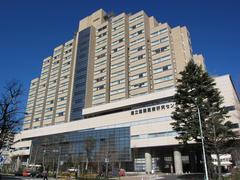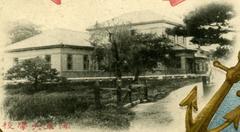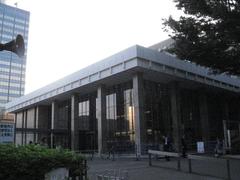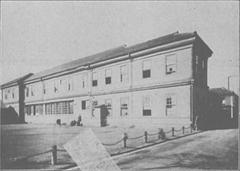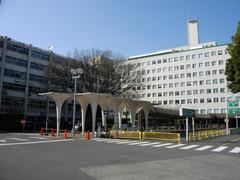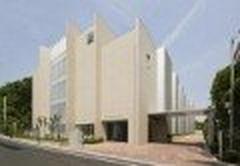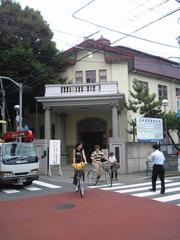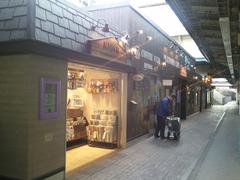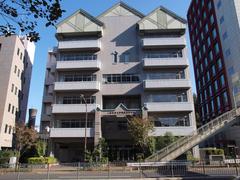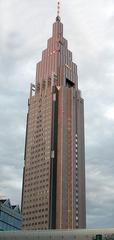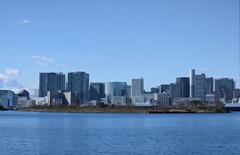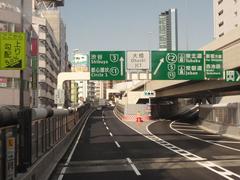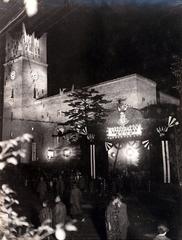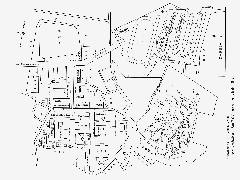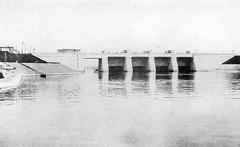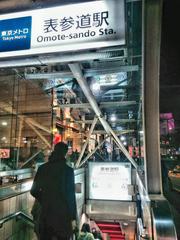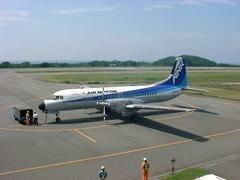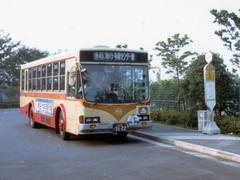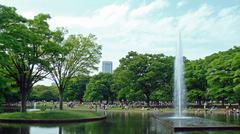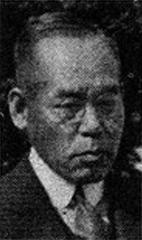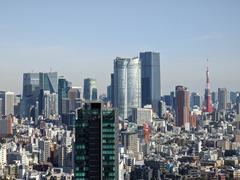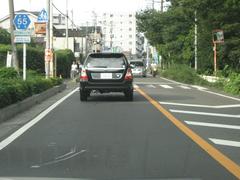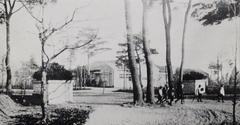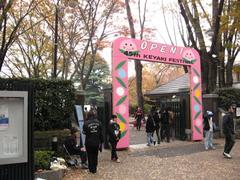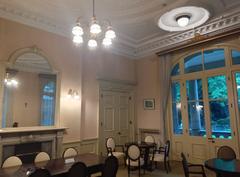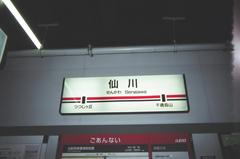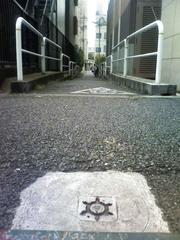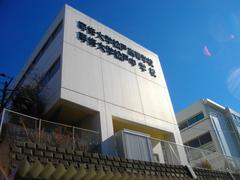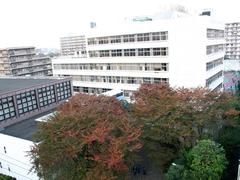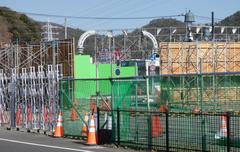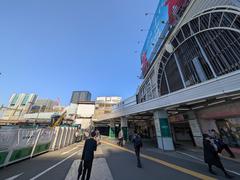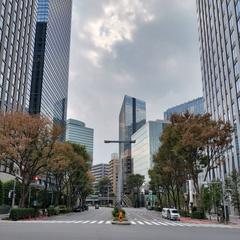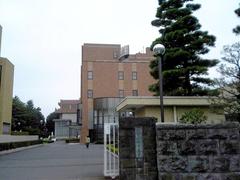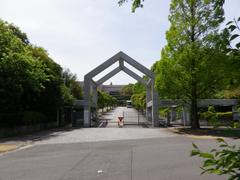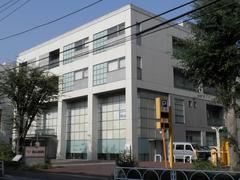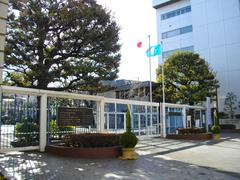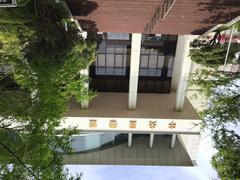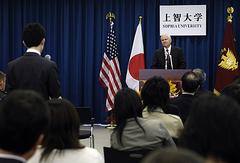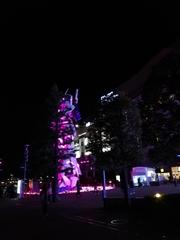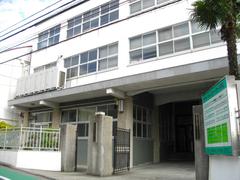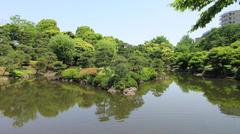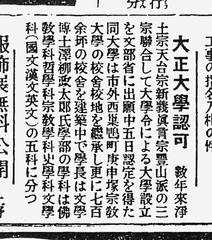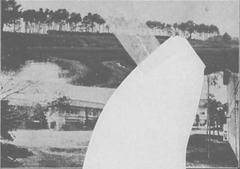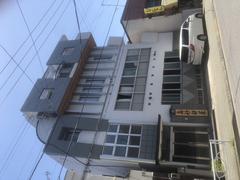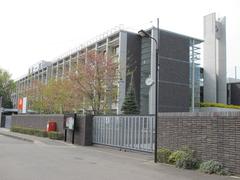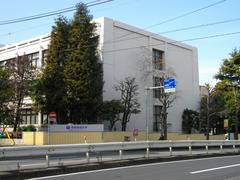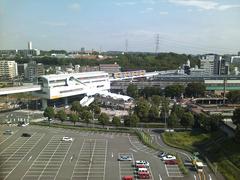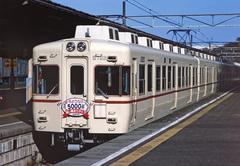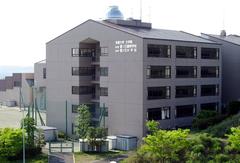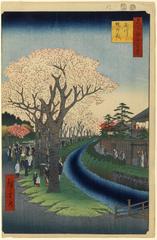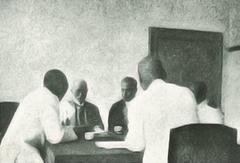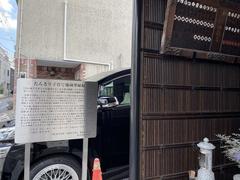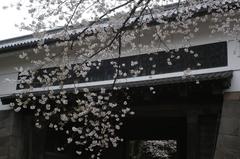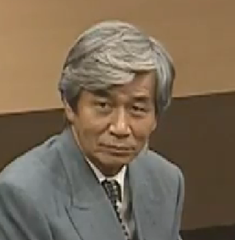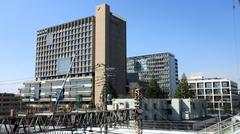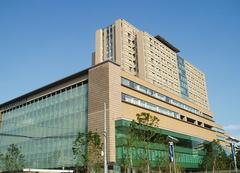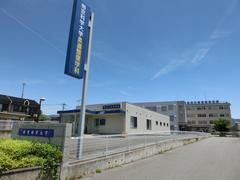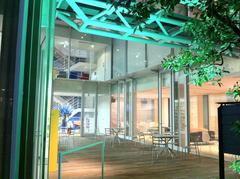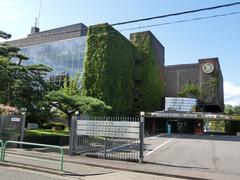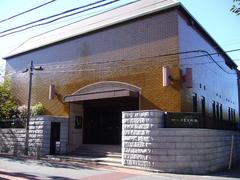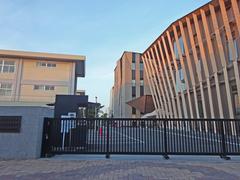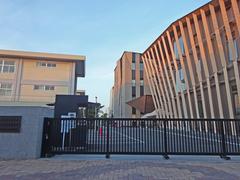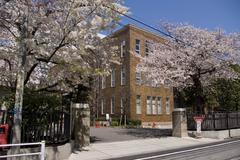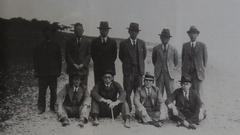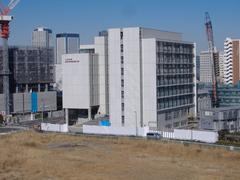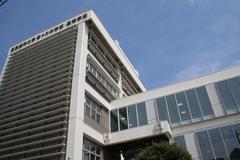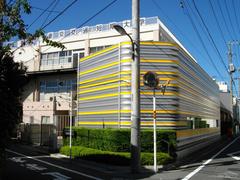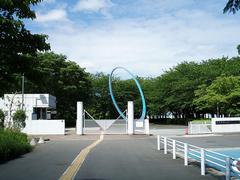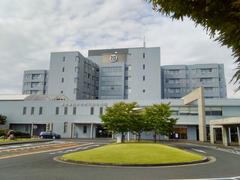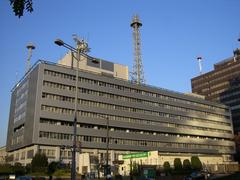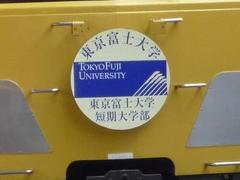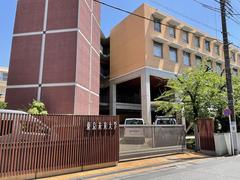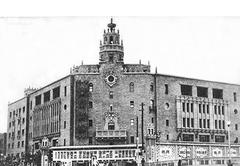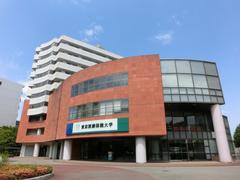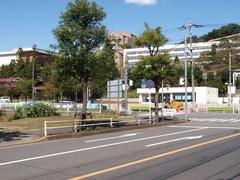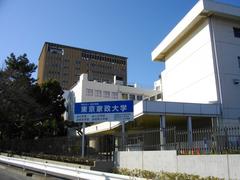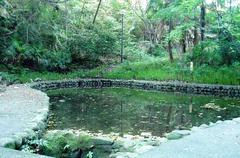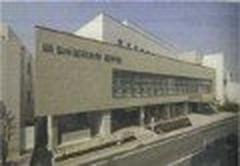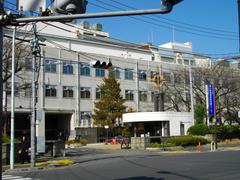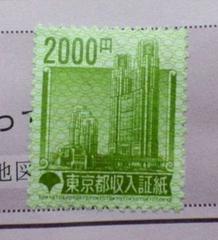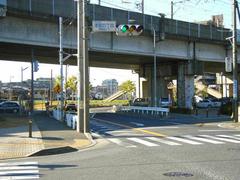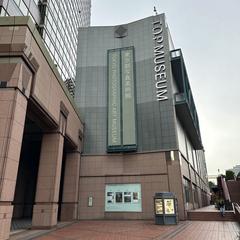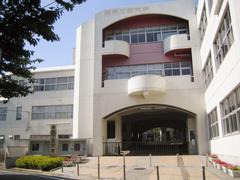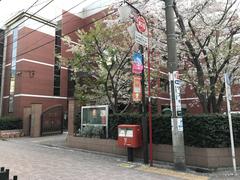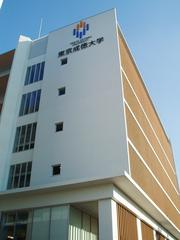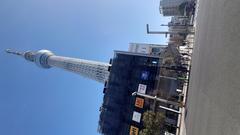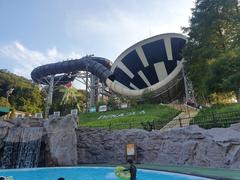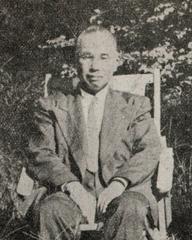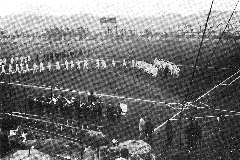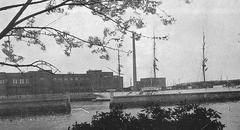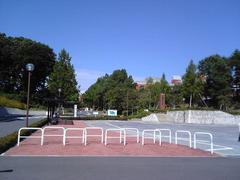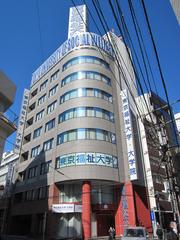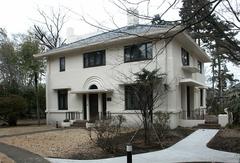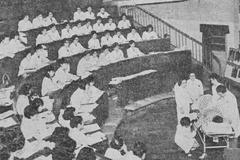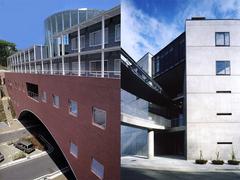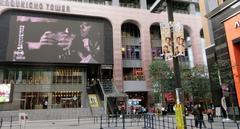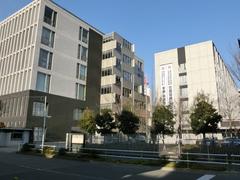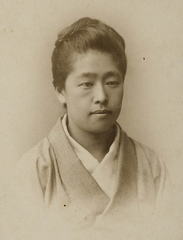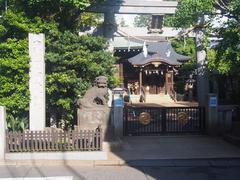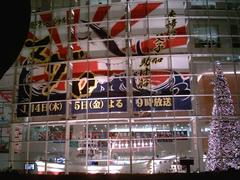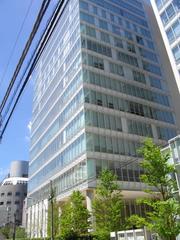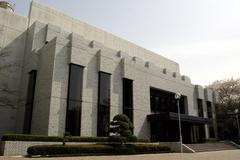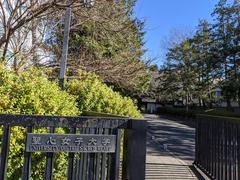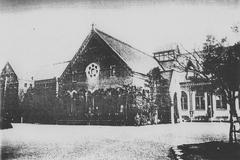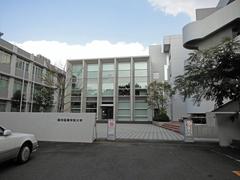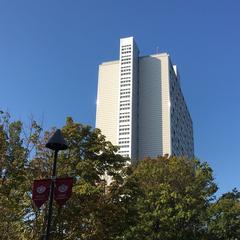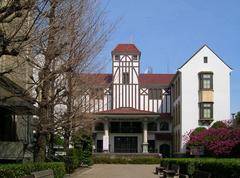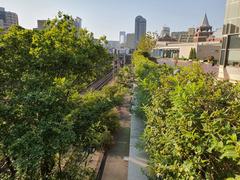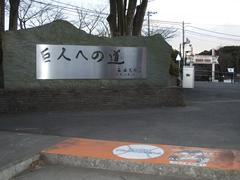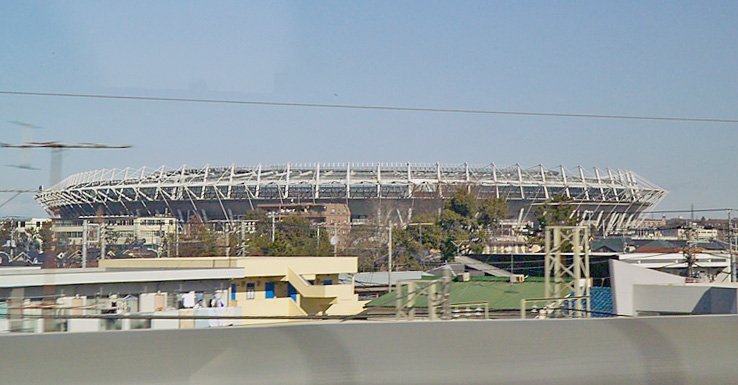
Ajinomoto Stadium Tokyo: Visiting Hours, Tickets, and Guide to Tokyo Historical Sites
Date: 14/06/2025
Introduction
Ajinomoto Stadium, affectionately known as “Aji-Sta,” is a landmark multi-purpose venue in Chōfu, Tokyo. Since its opening in 2001, it has become a central hub for sports, culture, and community events, serving as the home to J.League football clubs FC Tokyo and Tokyo Verdy. The stadium stands out for its modern architecture, sustainability initiatives, and its significant role in both local and international events, such as the 2019 Rugby World Cup and the Tokyo 2020 Olympic Games. This guide provides comprehensive information on visiting hours, ticketing, access, nearby attractions, and tips for an enriching experience at Ajinomoto Stadium (Ajinomoto Stadium Official; Wikipedia; Japan Travel).
Table of Contents
- Introduction
- Origins and Construction
- Naming Rights and Sponsorship
- Ownership and Management
- Stadium Architecture and Facilities
- Major Events and Historical Significance
- Resident Teams and Regular Usage
- Visiting Hours and Tickets
- Accessibility and Transportation
- Stadium Amenities and Visitor Experience
- Nearby Attractions and Cultural Sites
- Sustainability and Community Initiatives
- FAQs
- Conclusion
- References
Origins and Construction
Ajinomoto Stadium was constructed on the former Kantō Mura site, previously occupied by United States Forces Japan. Its doors opened on March 10, 2001, with an inaugural football match between FC Tokyo and Tokyo Verdy. Designed as a multi-purpose facility, the stadium features a two-tiered seating arrangement and an Olympic-standard athletics track that enables flexible event configurations. Safety was a top priority, with the stadium built to the highest seismic standards (Wikipedia; Stadium Guide).
Naming Rights and Sponsorship
Ajinomoto Stadium became Japan’s first public facility to adopt naming rights, with Ajinomoto Co., Inc. securing the rights in 2003. The contract has been renewed several times, and during international events, the stadium is known as Tokyo Stadium to comply with IOC regulations (Wikipedia).
Ownership and Management
The Tokyo Metropolitan Government owns Ajinomoto Stadium, while Tokyo Stadium Co., Ltd. manages its operations, event coordination, and maintenance. The company also oversees adjacent facilities such as Aminovital Field and AGF Field, which support local sports and community activities (Ajinomoto Stadium Official).
Stadium Architecture and Facilities
Ajinomoto Stadium boasts a seating capacity ranging from 48,013 to 50,100, depending on the event. The venue features:
- Hybrid-grass playing surface
- Covered upper-tier seating
- Advanced lighting and sound systems for night events and concerts
- 3,845 m² solar panel array generating up to 210 kW
- Eco-friendly initiatives, including wall greening and wind power
- Bowl-shaped design for optimal sightlines
- Facilities for barrier-free access, including elevators and ramps (Ajinomoto Stadium Overview; Tokyo Sports Facilities)
Major Events and Historical Significance
Ajinomoto Stadium has hosted numerous high-profile events, including:
- Opening ceremony and key matches of the 2019 Rugby World Cup
- Football, rugby sevens, and modern pentathlon during the Tokyo 2020 Olympics
- Home to major J.League matches and Emperor’s Cup fixtures
- Concerts, flea markets, and community festivals
- Emergency shelter role after the 2011 Tōhoku earthquake and tsunami
While not a match venue for the 2002 FIFA World Cup, it served as the training base for the Saudi Arabian team (Wikipedia).
Resident Teams and Regular Usage
Ajinomoto Stadium uniquely serves as the home ground for two top football clubs—FC Tokyo (J1 League) and Tokyo Verdy (J2 League). It also hosts rugby teams such as Toshiba Brave Lupus Tokyo and Tokyo Sungoliath, and occasionally welcomes Japan’s national football and rugby teams. The vibrant supporter culture, especially for FC Tokyo, contributes to an electrifying match-day atmosphere (Ajinomoto Stadium Official; Japan Travel).
Visiting Hours and Tickets
Visiting Hours
Ajinomoto Stadium opens for scheduled events, with gates typically opening 90 minutes before kickoff or event start times. On non-event days, access is limited; visitors should check the official website for tour availability or special opening hours (Ajinomoto Stadium Official).
Tickets
Tickets for matches and events can be purchased through:
- Official FC Tokyo and Tokyo Verdy websites
- Authorized ticket vendors
- Stadium box office (on event days)
Ticket prices vary by event and seating category, starting from approximately 2,000 yen for football matches. High-demand matches often sell out quickly, so advance purchase is recommended (FC Tokyo Tickets).
Guided Tours
Guided tours are offered on select dates, providing behind-the-scenes access and insights into the stadium’s architecture and history. Reservations must be made via the official website or by phone (Stadium Guide).
Accessibility and Transportation
Ajinomoto Stadium is designed with inclusivity in mind:
- Wheelchair-accessible seating, restrooms, and entrances
- Ramps, elevators, and barrier-free pathways
- Multilingual signage for international visitors
Getting There
- By Train: 5-minute walk from Tobitakyu Station (Keio Line), 20-minute walk from Tama Station (Seibu Tamagawa Line)
- By Car: Limited parking available; public transportation is recommended, especially on event days (Ajinomoto Stadium Access)
- By Bicycle: Bicycle parking is available near the stadium
Stadium Amenities and Visitor Experience
Seating and Viewing
The stadium offers general admission, reserved seats, VIP boxes, and accessible seating. All areas provide excellent sightlines, with some covered sections for weather protection.
Food and Beverage
On event days, visitors enjoy a diverse range of food stalls and vendors offering Japanese and international cuisine. Cashless payments (IC cards, credit cards, QR codes) are widely accepted, but carrying some cash is advisable.
Retail and Fan Zones
- Official merchandise shops for FC Tokyo and Tokyo Verdy
- Fan Zone with interactive booths, live entertainment, and exclusive memorabilia
- Family and child-friendly zones, as well as nursery services on select days
Additional Facilities
- Futsal courts (indoor/outdoor)
- Conference and meeting rooms
- Clean, accessible restrooms and nursing rooms
Nearby Attractions and Cultural Sites
Ajinomoto Stadium’s Chōfu location offers easy access to:
- Jindaiji Temple: Tokyo’s second-oldest temple, renowned for its tranquil setting and soba noodles
- Jindai Botanical Garden: Over 100,000 plant species and stunning seasonal landscapes
- Chofu City Cultural Hall (Green Hall): Concerts, theater, and art exhibitions
- Tama River: Walking/cycling paths, cherry blossom viewing, and riverside picnics
- Parco Chofu & Aeon Mall Chofu: Shopping and diverse dining options
- Central Tokyo Attractions: Via Keio Line, reach Shinjuku, Shibuya, and Asakusa in under 30 minutes (Tokyo Pocket Guide; Tokyo Past3)
Sustainability and Community Initiatives
Ajinomoto Stadium is a leader in sustainability, featuring:
- Solar and wind power generation
- Wall greening to reduce CO₂ emissions
- Energy-efficient lighting and water conservation
- Hosting sports clinics, cultural events, and environmental awareness programs
The stadium also functions as a vital emergency shelter during disasters, reinforcing its importance to the local community (Ajinomoto Stadium Official).
Frequently Asked Questions (FAQ)
Q: What are Ajinomoto Stadium’s visiting hours?
A: The stadium opens 90 minutes before events. Access on non-event days is limited; check the official website for details.
Q: How can I buy tickets?
A: Purchase online via club websites, authorized vendors, or at the stadium box office (event days).
Q: Is parking available?
A: Limited parking is available. Public transportation is strongly recommended.
Q: Are there accessible facilities?
A: Yes, with ramps, elevators, accessible restrooms, and designated seating.
Q: What nearby attractions should I visit?
A: Jindaiji Temple, Jindai Botanical Garden, Tama River, and cultural sites in Chōfu.
Conclusion
Ajinomoto Stadium is more than just a sports arena—it is a vibrant cultural hub and a pillar of community life in Tokyo. With its top-tier facilities, inclusive design, and close proximity to historical and natural attractions, it offers a fulfilling experience for sports enthusiasts, families, and travelers alike. For the best experience, plan your visit by checking event schedules, purchasing tickets in advance, and exploring the rich offerings in the Chōfu area. Stay up to date with the latest information on the official Ajinomoto Stadium website, and consider using the Audiala app for real-time updates and exclusive content.
References
- Ajinomoto Stadium Official Website
- Wikipedia: Ajinomoto Stadium
- Japan Travel: Home of FC Tokyo
- PredictHQ: Major Events at Ajinomoto Stadium
- Tokyo Sports Facilities
- Stadium Guide
- FC Tokyo Tickets
- Tokyo Pocket Guide
- Tokyo Past3
